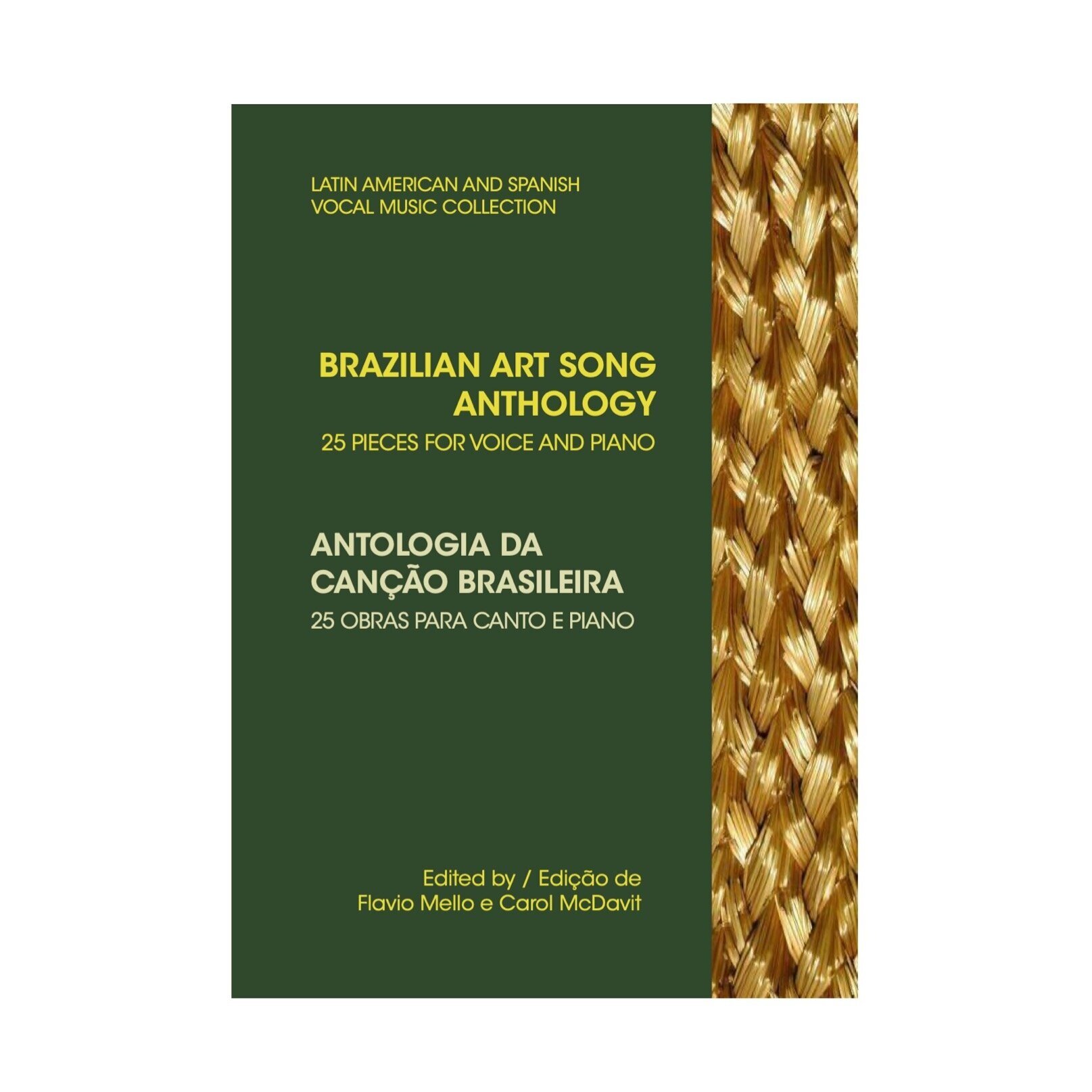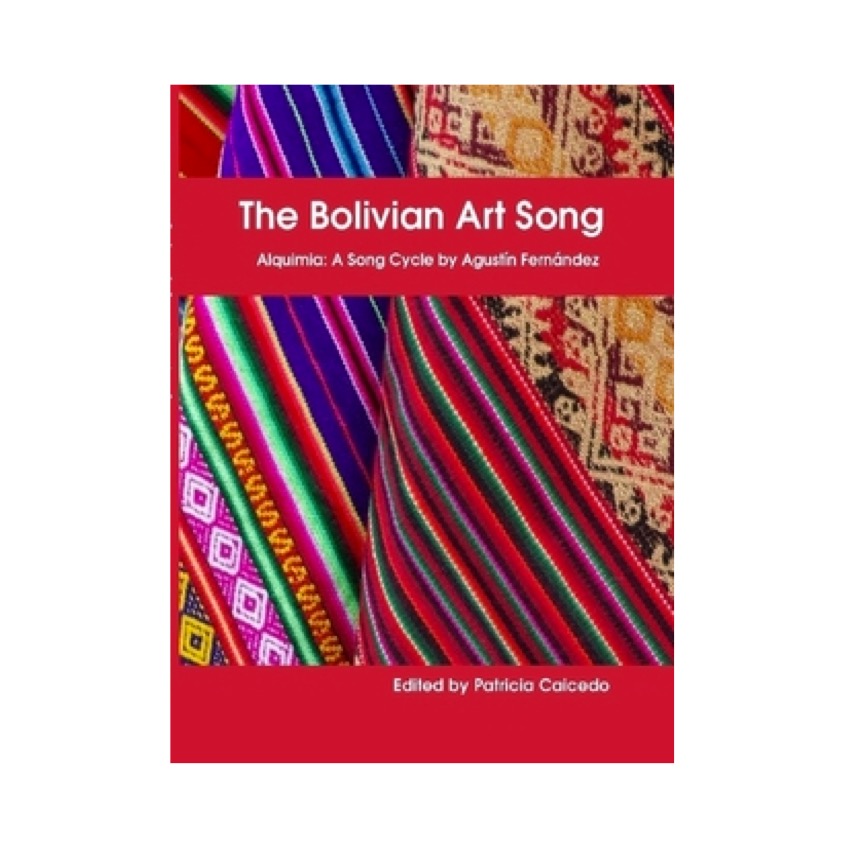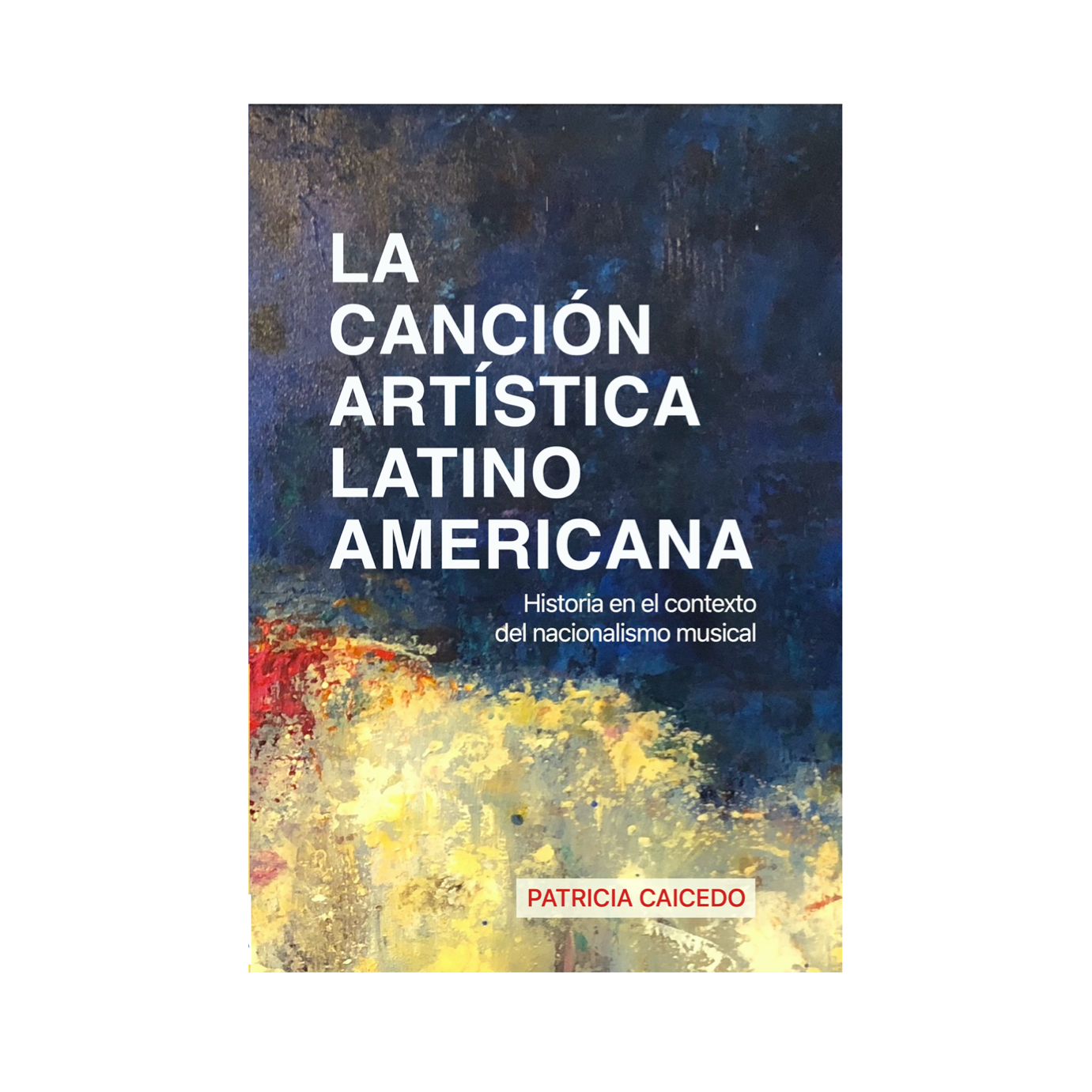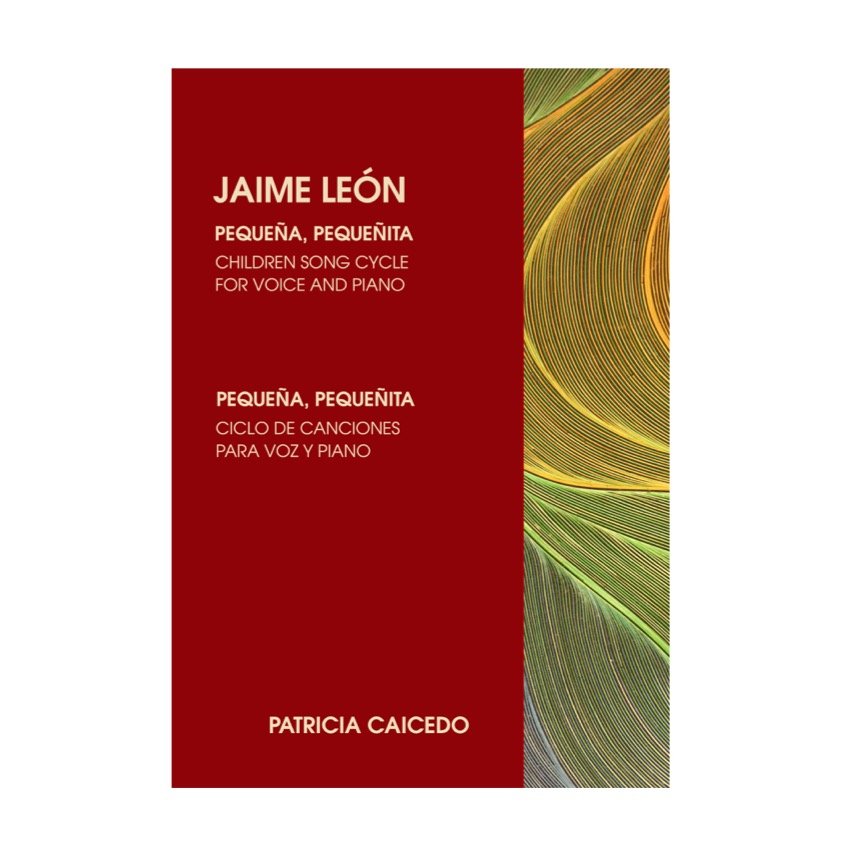Listen to Dr. Patricia Caicedo interviewing the authors of the book, Carol McDavit and Flavio Mello, talking about the book, its contexts, and research process.
It is not surprising that hundreds of art song composers and poets emerged in such a rich, diverse, and stimulating environment. Nor is it surprising that cultural diversity and hybridization are expressed in Brazilian art songs: African, indigenous, and European elements coexist in it, making this repertoire one of the world's richest.
For classical singers, the eclecticism of the Brazilian vocal repertoire offers multiple possibilities of pedagogical study and vocal performance. This publication represents an opportunity to discover an amazingly beautiful repertoire with all the resources you need to achieve accurate interpretations because the album provides the phonetic transcription of sung Brazilian Portuguese (BP) and the translations of the poetry into English.
INDEX
Apresentando a coleção de música vocal ibérica e latino-americana /Introducing the Latin American and Spanish Vocal Music Collection
I. Introdução / Introductory study
Prefácio de Patricia Caicedo / Foreword by Patricia Caicedo
Agradecimentos / Acknowledgments .
Apresentação / Foreword
Introdução da canção brasileira / Introduction to Brazilian art song
Glossário /Glossary
Dicção lírica e transcrição fonética do português brasileiro / Lyric diction and phonetic transcription of Brazilian Portuguese
Referências/ Bibliography.
II. Poesia, Transcrição fonética e partituras / Poems, Phonetic transcription & scores
Canções / Songs .
Poesía e transcrição fonética / Poems & Phonetic transcription
III. Índice de canções / Song index
Coração para alugar - Music: Joao Luiz de Almeida Cunha (Cunha dos Passarinhos) - poem: Castro Lopes
Acho bom, mas moro longe - Music: Joao Luiz de Almeida Cunha (Cunha dos Passarinhos) - poem: Castro Lopes
Quantas vezes eu procuro - Music: S. P. Lobo
Se queres saber a causa - Music: Joaquim Manoel da Câmara
Estas lágrimas - Music: Joaquim Manoel da Câmara
Meu destino é imudável - Music: Gabriel Fernandes da Trindade
A vida e a morte - Music: Francisco de Sa Noronha
O meu credo - Music: Francisco de Sa Noronha
Xic xic xoc - Music: Januario da Silva Arvelos Filho
Uma chaga me abriste no peito - Music: Januario da Silva Arvelos Filho
Nestas praias de límpidas areias - Music: Januario da Silva Arvelos Filho
Suspiro d’alma - Music: Carlos Gomes
Pescador da barquinha - Music: Brasílio ltiberê da Cunha
Cordão de prata - Music: Brasílio ltiberê da Cunha
A fiandeira - Music: Francisca (Chiquinha) Gonzaga
Por amor de uns olhos: Music: Antônio Carlos dos Reis Rayol Poem: Antônio Francisco Leal Lobo (Antonio Lobo)
Analogia - Music:Abdon Felinto Milanez Poem: Honório de Carvalho
A florista - Music: Ernesto Nazareth
Feitiço não mata - Music: Ernesto Nazareth
Xácara - Music: Alberto Nepomuceno
Sentimento oculto - Music: Anacleto Augusto de Medeiros Poem: Catulo da Paixão Cearense
Recorda-te de mim - Music: Catulo da Paixão Cearense
Desafio - Music: Ernani Braga
Ogum Kalaxó - Music: Ernani Braga
Saci Pererê - Music: Jose Aimbere de Almeida Poem: Arnaldo Barcelos
This Anthology is the result of a research project begun in 2018 in the Master's Program in Performance Practices (PROEMUS) of the Federal University of the State of Rio de Janeiro (UNIRIO) and was developed due to the lack of an anthology of Brazilian art song at the national and international level. The repertoire in this album was selected from the digital collection provided by the research group APHECAB – Collection of Sheet Music Hermelindo Castello Branco. Many of the chosen works were in manuscript form and the musical content was challenging to decipher. We analyzed and edited all these songs.
The eclecticism of the Brazilian vocal repertoire offers multiple possibilities of pedagogical study and vocal performance. The album provides the phonetic transcription of sung Brazilian Portuguese (BP) and the translation into English. The main objective of the phonetic transcription is to indicate the pronunciation of the language for speakers of other languages. It also helps with lyric diction, bringing attention to the points of articulation and sound production in the vocal tract and promoting the standardization of phoneme emission. The translation of the collection into English facilitates the foreign reader’s understanding of the album’s proposal and the textual content of the songs. We chose to maintain the musical terms in the scores used by the composer. A glossary is provided with definitions of musical and Brazilian Portuguese terms which are used throughout the text and in the poems.
The songs in this album were composed within a span of about one hundred and fifty years, between 1800 and 1950 approximately. We will therefore limit this panorama of the song to that period. The continuation of the history of Brazilian art song will be saved for the second anthology of songs!












